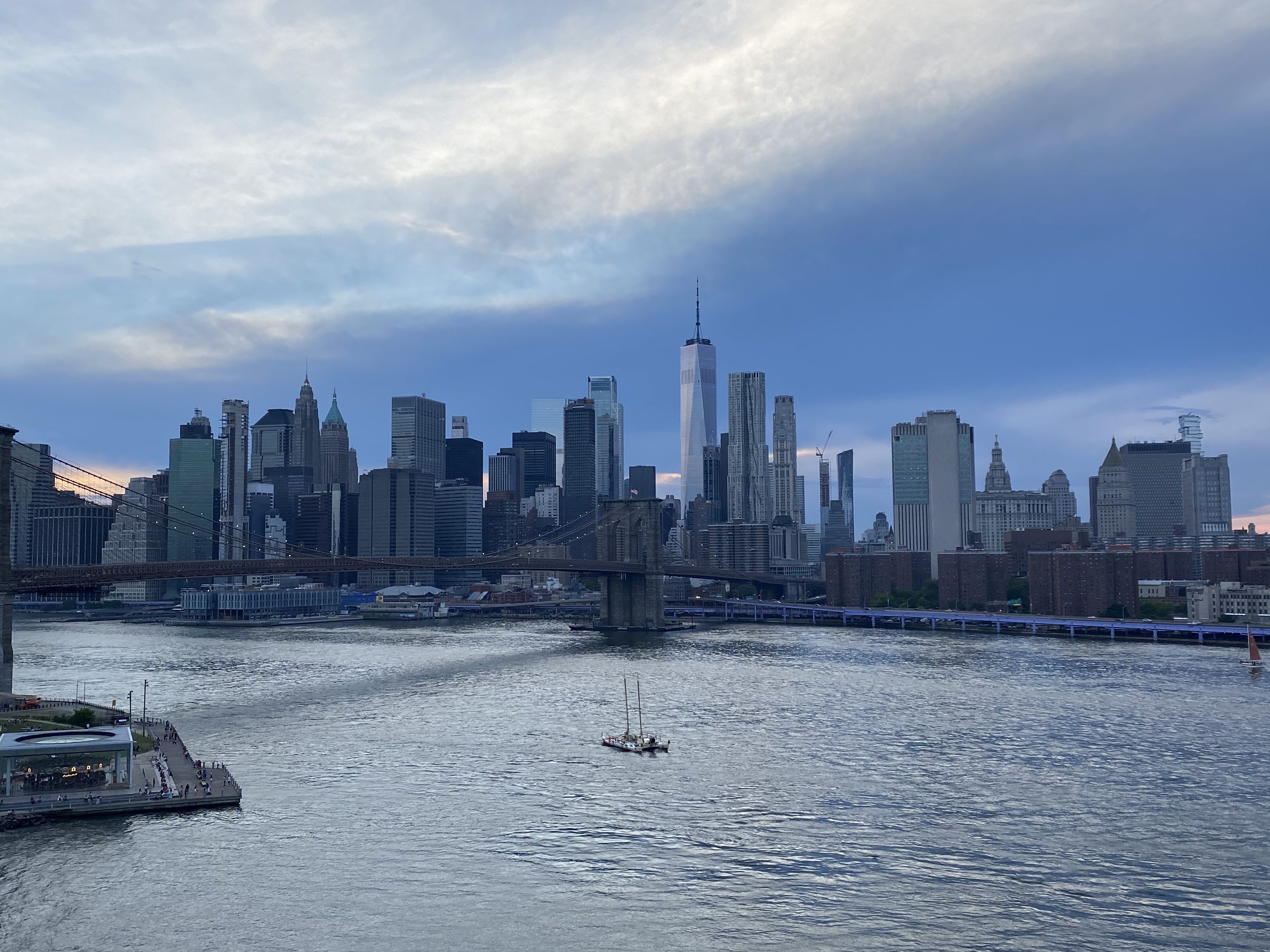 The expansion of the International Monetary Fund’s role was left unclear this Sunday after finance chiefs failed to come to an agreement over how much power developing nations should have in the Washington-based financial institution.
The expansion of the International Monetary Fund’s role was left unclear this Sunday after finance chiefs failed to come to an agreement over how much power developing nations should have in the Washington-based financial institution.
REUTERS – Fierce disagreement over how much power rich nations should cede to developing countries clouded talks between global finance chiefs on expanding the role of the International Monetary Fund.
The IMF, which has lent more than $50 billion to countries around the world this year, says it needs more resources to oversee the recovery of the global economy and prevent future crises.
But this depends on giving emerging market economies a greater stake in the institution. Major developing nations are demanding an increase in voting power that would see the developed world shift at least 7 percentage points of its share to emerging countries.
“We can only hope that over-represented advanced countries will realise that they may do great harm to the Fund if they attempt to block or delay quota and voice reform,” Brazilian Finance Minister Guido Mantega said on Sunday.
He said the Fund needed to change the structure of its board so it could “cease to be regarded as mainly an American-European institution and become a truly multilateral institution”.
The Group of 20 major nations agreed at a summit of their leaders in Pittsburgh last month to a power shift of at least 5 percentage points to under-represented countries such as China.
But the demand for 7 percentage points is meeting resistance from the developed world, particularly European nations, which do not want to give up too much of their own power.
Finance Minister Anders Borg of Sweden, which is currently president of the European Union, warned that Europe could become less generous in its financial support of the Fund if it lost influence over it.
“Adequate participation in the decision-making process of the fund is a prerequisite for our taxpayers’ continued support of large financial contributions,” he said.
Demand
Just a year ago the IMF was fighting to persuade governments of its importance. But the crisis has greatly increased demand for its loans and advice to countries struggling with budget and current account deficits.
Allowing big developing countries to play a bigger role in the IMF could secure billions of dollars of fresh contributions to the organisation.
To ensure the global economy is stable enough for countries to stop accumulating huge foreign exchange reserves as a form of insurance, it is estimated that the IMF might need up to $1 trillion of fresh contributions, IMF Managing Director Dominique Strauss-Kahn said on Friday.
But China, Brazil, Russia and India have said any increase in their contributions must be tied to changes in voting power.
China believes contributions should automatically adjust to reflect the size of individual countries’ economies, Yi Gang, a Chinese central bank vice governor, said on Sunday.
In addition to the IMF’s role as a lender of last resort, the Group of 20 major nations, which is managing the global recovery, wants the IMF to ensure balanced growth by reporting back to it on countries’ policies and recommending changes.
China, which holds the world’s largest foreign exchange reserves and has seen its financial markets buffeted by volatile capital movements, wants the activities of a reformed IMF to extend even further.
Yi said the IMF should strengthen its supervision over international capital flows and promote the relative stability of major reserve currencies.
 euronews channel-Side-by-side the presidents of Turkey and Armenia have watched a World Cup football match in a show of unity.
euronews channel-Side-by-side the presidents of Turkey and Armenia have watched a World Cup football match in a show of unity.

